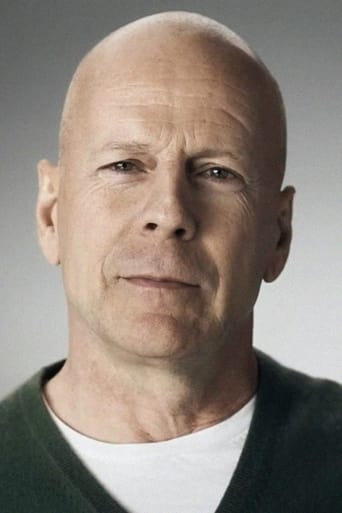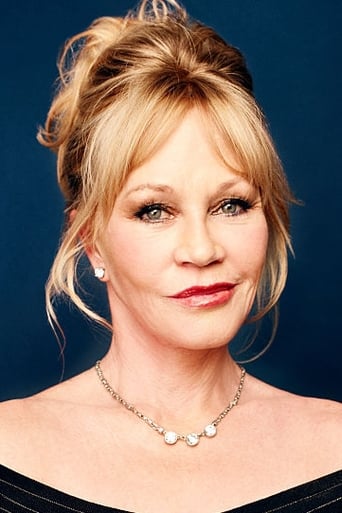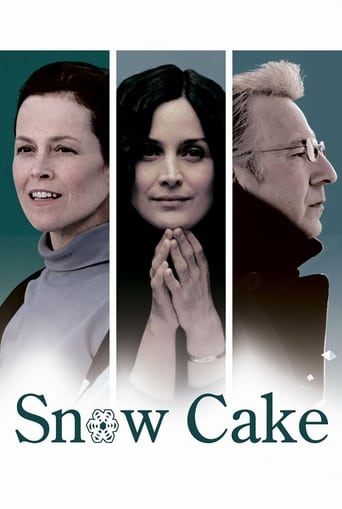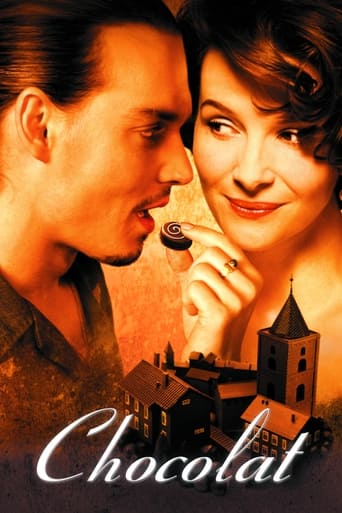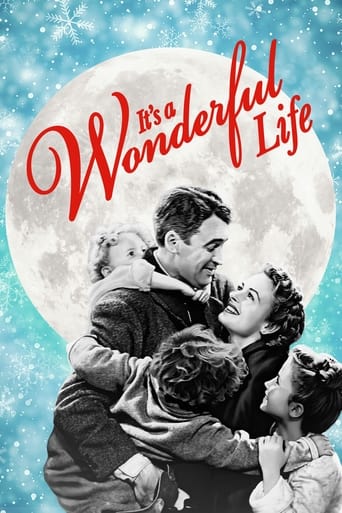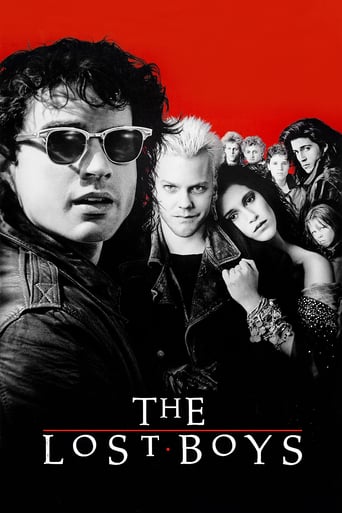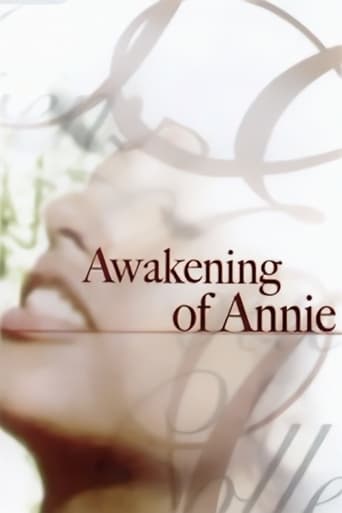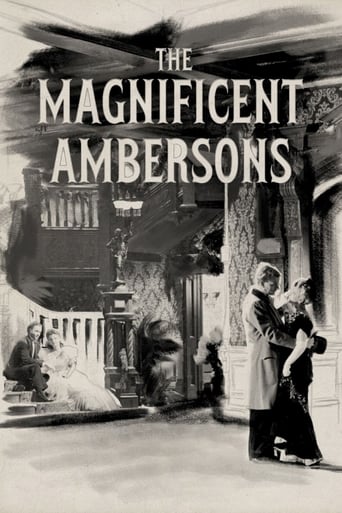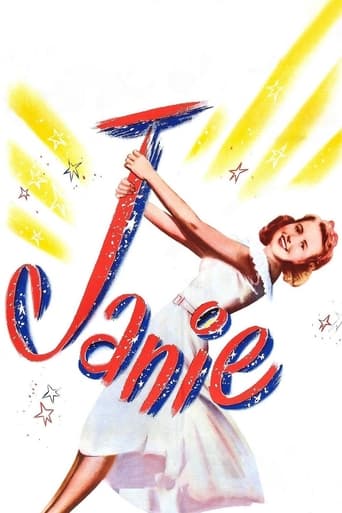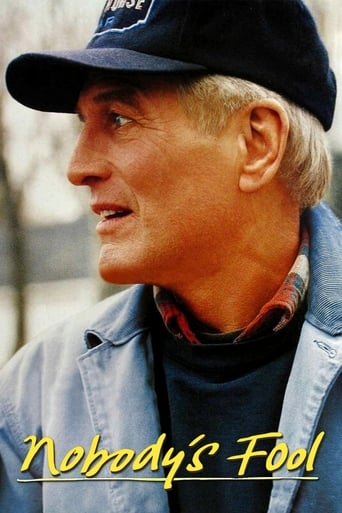
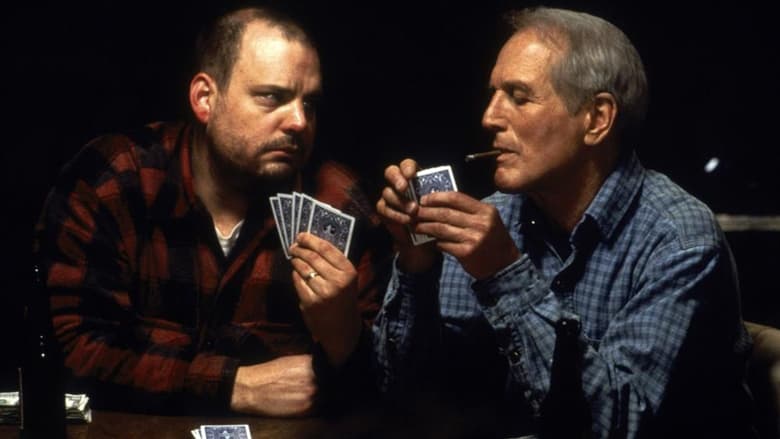
Nobody's Fool (1994)
Sully is a rascally ne'er-do-well approaching retirement age. While he is pressing a worker's compensation suit for a bad knee, he secretly works for his nemesis, Carl, and flirts with Carl's young wife Toby. Sully's long- forgotten son and family have moved back to town, so Sully faces unfamiliar family responsibilities. Meanwhile, Sully's landlady's banker son plots to push through a new development and evict Sully from his mother's life.
Watch Trailer
Cast


Similar titles
Reviews
"Nobody's Fool" is a good film from 1994. It is currently available on NetFlix Instant Download Streaming. The director is Robert Benton. The novel is by Richard Russo, and the screenplay is by Robert Russo.What a gem! Apparently this film did have a theatrical run, but I had never heard of it until I saw it on cable a few years ago. Paul Newman was, as always, masterful. So was Jessica Tandy. As unlikeable as Bruce Willis is, he is a great actor and does very well here. And even though it was a fairly small part, I think this is Melanie Griffith's best work ever. The script, directing, everything came together seamlessly. I highly recommend this film. I gave it 6 stars. Dale Haufrect
Paul Newman, may he rest in peace, will always remain a symbol of virility and strength in cinema history. Even in the twilight of his career, in roles such as Sully, he shows what an actor is capable of if he takes care of himself. Physically, but also mentally, Newman embodies all the elements most actors could only hope to obtain at such a late stage. He commands nearly every scene he is in, bringing with him a level of gravitas and realism which without this story could not work.Indeed, it still may not. Adapted from a novel by Richard Russso, director Robert Benton is certainly capable of breathing life into a vast sect of quirky, independent characters who at the very least are a little memorable. After all, he did co-write Bonnie and Clyde (which does not escape this movie without a sly reference). Yet, throughout Benton seems confused or at least unsure as to what exactly he wants to say with these characters. Setting up much of the small town of North Bath, New York takes very little time. The real challenge is where to take them. The result, I am afraid, leaves much to be desired, unless of course one is keen on various plot threads not far beyond the level of a sitcom or hour-long drama on TV. By the end, most have reached their predictable conclusions all to the dissatisfaction of us. It's not that the end is completely unjustified; it's just that one would like more.Technically, Benton remains on the soft side of filmmaking. His camera work is minimal, the cinematography is rather lax, and the town itself looks like a series of studio backdrops although it was filmed on location. What is most annoying, though, is Howard Shore's oppressive and sticky score, weighing down nearly every scene, causing one to think we are seeing a series of climaxes when in fact they are simply transitions. Besides Newman, the only other truly moving performance is, surprisingly, Melanie Griffith as the attractive wife of Lothario Bruce Willis, who flirts with Newman yet lacks any real confidence to use him to get back at her husband. Throwing in a subplot regarding Newman's attempts to re-connect with his son, stay vital in the community, get ahead and remain out of prison, what we're left with is a perfectly mediocre and innocuous representation of small-town, blue-collar life in northern New York.
An aging blue-collar worker tries to bond with the adult son that he abandoned as a child. This low-key, small-town character study has its moments but it doesn't quite come together, mainly due to the shortcomings of the rambling script by director Benton. The interaction among the characters is not interesting enough to make up for the lack of a plot. Perhaps a little more humor and less sentimentality would have helped. Newman is always worth watching, but it's a little awkward watching his romantic overtures towards Griffith, more than 30 years his junior. Tandy turns in a fine farewell performance after a sixty-year career.
Well, maybe two. Or maybe three.Everything was perfect, except for the cinematography. Maybe that was the cinematographer's fault or maybe it was the director's fault. Or maybe it was the editor's.There is a quote from John Ford about why he didn't like to use close-ups. His response: I use them when I think they're necessary, but generally they're all that necessary. Or something to that effect.And he was right. I dare you to name a John Ford film with a lot of unnecessary close-ups.There are are very, very few long shots in this movie. Consequently, you don't get get to see the characters interacting with each other simultaneously. My impression of this film is that is mostly an interminable series of jarring close-ups of 1-2 seconds: close-up of one character saying something, followed by the recipient's reaction, and back and forth ad nauseum. Almost enough to make you sea-sick.Consider the feeling that long shots would have imparted when you watch this otherwise great film, when you could see two or more characters interacting simultaneously. You never get to see that in this film. You get the impression that each actor was hauled before the camera alone to recite their lines and react appropriately, all for a second or two or three, then the camera switches back faster than stink to the character they're supposed to be talking to. Not a long shot to be seen.John Ford aside, consider the way Frank Capra shot films. A Capra-esque feeing about this film has been noted before. Same philosophy as John Ford. When you see James Stewart saying something, you see Donna Reed's reaction at the same time. Long shot.That's what's missing from missing from this movie. Bad framing throughout. It's hard to place the blame: Was it Robert Benton (director), James Bailey (cinematographer), or John Bloom (editor)? Hard to pinpoint.Otherwise a wonderful, if flawed film (reasons noted above).



